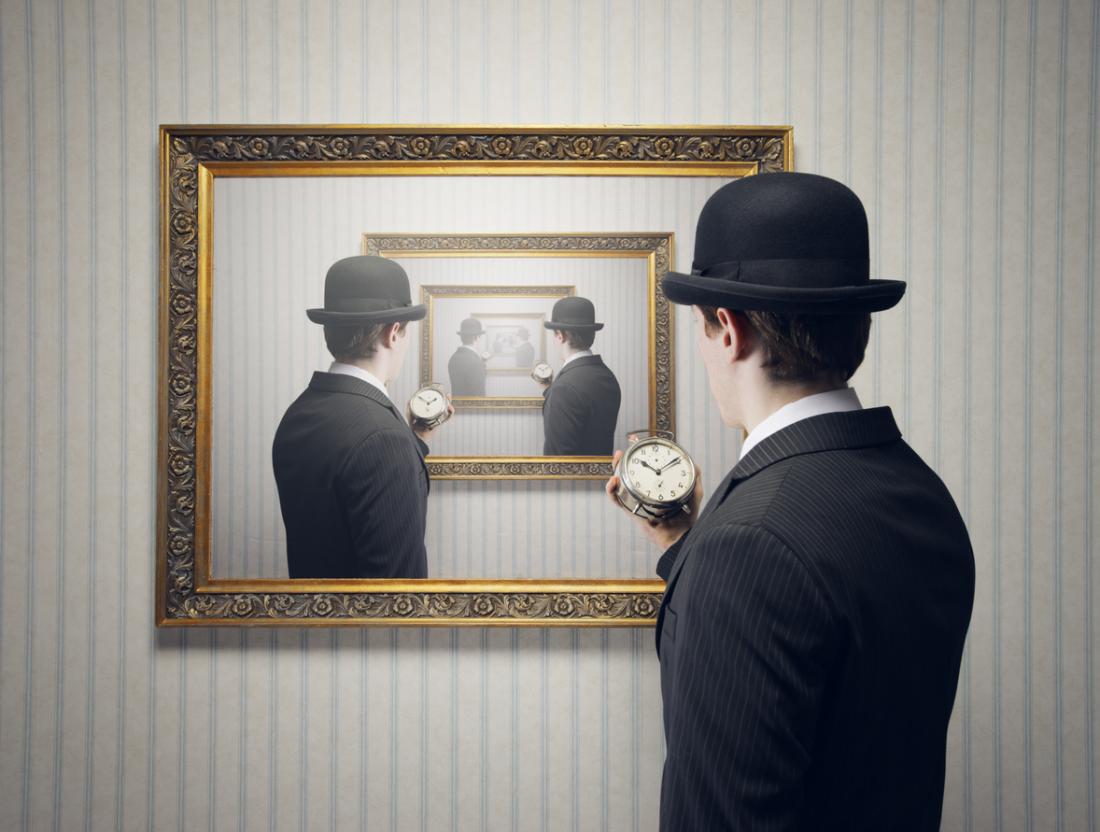What is deja vu, why does it happen and what causes it?
Deja vu is a feeling of having already experienced a certain situation. It comes from French and it means “already seen” and you’ve probably lived it so far. About 90% of us experience deja vu at least once in their lives and mainly in our teen years. Deja vu is not really a physical phenomena. It’s more of a feeling and there are a couple of theories about it. It all has to do with memory and the act of remembering.

Remembering is one of the greatest powers that we possess…it enables us to learn from our past, to know where we’ve been so we can know where we’re going or to simply know how to come back home after a long journey away. Anyways, remembering is the act of reliving something we’ve already done, but can we remember what we’ve never done?
We don’t really store files on a hard drive that we can open anytime and check past data and info. Our way of remembering works mainly as reliving the moments of the past. Our brain is responsible of scanning everything around us and deciding if it is a familiar thing or not. Once the brain says: “bingo! that’s a familiar thing”, the hippocampus (that’s another part of our brain) will cause the memory associated with it. Sometimes, though, the brain can say: “another familiar thing right there”, but the hippocampus is unable to find any memory associated with it. And this is what we call a deja vu.
Our mind is hard at work behind the scenes to make all these links, trying to determine if what we’re experiencing is new, but sometimes it just seems that it doesn’t work. No mind or memory is perfect and there might be some reasons behind this. We can put them in 4 categories: attentional, memory, dual processing and neurogical. Yeah, let’s skip the science and get right to the bearable explanation.
Why do we experience deja vu?
First of all, let’s say that you are cooking in your kitchen and you are slicing the carrots while your mind is neither here nor there; your mind is just straying away for a few seconds and then when it comes back full force to the activity at hand it all seems to you like it happened in a very distant past. This is the attentional reason and it makes sense now that we put it clear, right?
Another possible cause of deja vu has to do with memory, as we were telling you above in the first paragraphs. We go through the day accumulating a huge amount of knowledge, experiences, actions, call them what you may. Our brain is working behind the scenes to clean up our memory and store only the useful information. So, the premise of this possible cause or theory is that we encounter a lot of things during our day, but we don’t really pay attention to all of them. Then, we might encounter them again and get this feeling of deja vu without knowing where and how we experienced them in the past, the source of familiarity being forgotten.
The dual-processing premise is based on the assumption that perception and memory could become asynchronous at some point in our day. The fourth theory is a neurological-based one. To put it straight, it is the assumption that a delay in the neuronal transmission between the eyes, ears, nose, tactile sensors and the brain might occur.
In our popular culture, deja vu is regarded as something quite poetic that you experience for no obvious reasons, but it might be a sign, like a sixth sense kind of sign. Anyways, deja vu is something that’s not quite clear to us, but it happens and it harms no one as far as we know.
